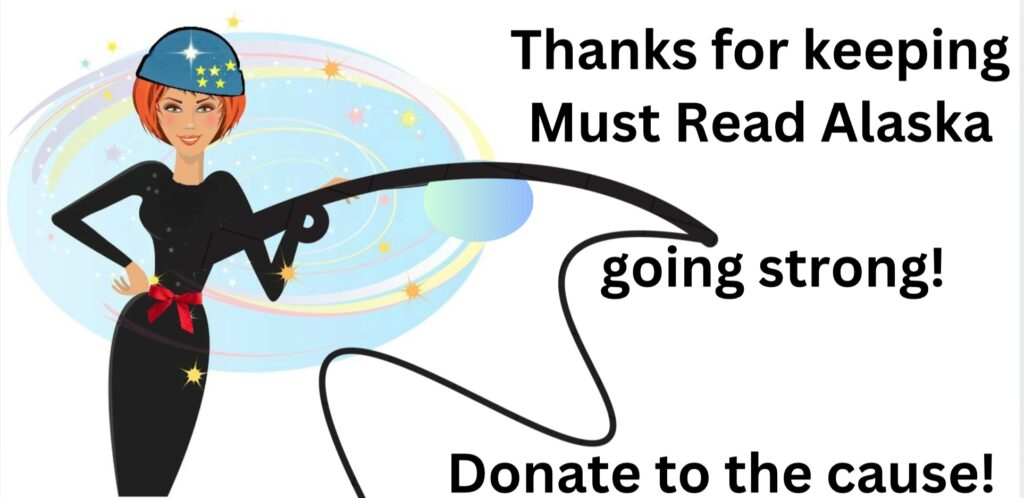By WAYNE E. HEIMER
Ever since George Washington coined the phrase, it has been fashionable to refer to government in the United States of America as The American Experiment. Washington’s experimental vision of government may have been deemed experimental because it began with the premise that individuals could/would act altruistically in concert when it came to governance or greater social good.
The American Experiment was also a departure from the classic monarchies of most of the world.
Still, our original governing recipe seems to have been predicated on the rather shaky assumption that altruistic individual freedom/responsibility would produce stability. The U.S. Constitution is decidedly oriented toward individuality in that it focuses primarily on what the central representative government cannot do, and on which individual rights are to be assured.The assumption of altruism as a steady virtue seems to be where things got off track.
As the colonies became a nation, this individuality expanded to the notion of sovereign states cooperating in the mutually beneficial federalist system. Compressing history at the risk of overlooking quite a lot of it, it looks like that worked reasonably well. Of course, there were relatively few of us during that early pre-industrial time, and the memories of cooperative founding were still pretty fresh.
Of course, all that came crashing down when the issue of southern state sovereignty/succession arose with human slavery as the defining issue. Hence, our Civil War, which proved the oxymoronic principle that states in the union aren’t truly sovereign. It also forcibly demonstrated that once you’re in you can’t just up and leave over a sovereignty issue. The ultimate outcome was that the central government was strengthened. States were only kinda sovereign.
The South didn’t like that at all, but it lost the war, so (pardon my French): c est la guerrece/c est la vie– such are war/life. The American South is still at least half-pissed over the outcome, and the American West is increasingly chafing under urban environmental edicts emanating from the eastern elite. Nevertheless, the USA stumbled into the 20th century with its maintenance-type stability more-or-less intact.
However, as we moved toward the 20th Century we saw the rise of disruptor/reformers/leaders.’ These influential individuals focused on the failed promises of the original, individualistic recipe given the changes that resulted from immigration, the industrial revolution, and capitalist opportunism. Thinking we could do better; they began to embrace and espouse adaptive concepts from the socialist and communist thinkers of their day.
The first notable influencer in this vein may have been President Woodrow Wilson. President Wilson considered the original Constitutional recipe for individual freedom obsolete. He advocated for a broader group identity priority extending to the world stage with the League of Nations.
Thus began what I see as the second phase of The American Experiment. This phase focused less on individualism, and more on the altruistic governmental impulse to provide (equally or equitably) for everyone. The paradigm from individual responsibility to the collective to collective responsibility to the individual through his/her group.
I rate the next giant after Wilson as President Franklin D. Roosevelt. FDR adapted to the challenges of his day (the Great Depression, and subsequently World War II) by shifting farther toward group identity because the societal forces of the day. These forces seemed, because of increasing population and the shift from rural to urban residence, to render urban masses powerless to take responsibility for their own destinies during the depression. FDR’s central government stepped in. There were several Republican party administrations mixed in along the steady trend toward group-oriented administrations since Wilson.
President Lyndon B. Johnson was probably important. Nevertheless, token Republican efforts to uncouple government from the overall trend toward collective altruism did not significantly alter the trajectory toward increasing group identity.
The progression continued from standouts like Wilson, FDR, and LBJ to the next giant, Barack Obama. Then there was the frustrated first Donald Trump administration, which gave us President Joe Biden. This overall trend led the USA toward socialistic government in the second phase of the American Experiment. Perhaps this is simply the inevitable result of increasing population and the loss of individualism.
Exceptionalism is out. “Average-ism” or equity (of outcome) is in.
To achieve an equitable mean, the obvious corrective action suggested by reformers was to decrease the misery of the lowest social strata by transferring wealth from the upper classes to the lower ones. (The rich must pay their fair share in increased taxes.) This became a Democrat Party mantra, based on the presumed responsibility of the collective for the group rather than the original notion of individually assumed virtue of individual responsibility to the collective.
So, I suggest that time, circumstance, and ideology moved The American Experiment from its original focus on local/individual freedom/responsibility to one where the central government asserted its responsibility for groups which (not inconsequentially) could be manipulated as voting blocs in democratic elections. The French observer, Alexander de Tocqueville, predicted this early in American political formation.
As the altruistic group identity phase of The American Experiment moved toward its toward its present iteration, it, like the first experiment, failed to produce the utopia it had promised. It now appears to be economically unsustainable. The factors that apparently resulted in Trump’s present election may betoken the realization of a failed American Experiment in collectivism.
Hence, we may be entering another phase of The American Experiment. Are we going to run the original/control experiment again to see if it makes America great (again)?
If we admit the possibility that our prolonged experiment with Wilsonian Progressivism didn’t work, it may be that the American Experiment is logically headed toward repeating the original experiment. This is credible approach to experimental science. It amounts to re-testing an original theory.
When this is done, the experimental control becomes a return to the original concept (where the central government must cede more control back to the states and, by extension, individuals). If things get better with an original federalism, greater individual state sovereignty, and then perhaps increased individual freedom/responsibility for one’s actions, the experiment may be quite revealing in terms of human adaptive capacity.
Of course, the USA still has a huge population of folks with limited adaptive capacity due to socio-economic constraints left over from our last experiment in group management by central government. And that doesn’t even consider the plight of millions of recent immigrants. That part of the equation may or may not work out. It is possible we can’t go back. Perhaps we’ll see.
Wayne Heimer may be politely called a natural history scientist (he’s actually a Dall sheep research/management guy). This may drive his unique perspective on cause and effect.

